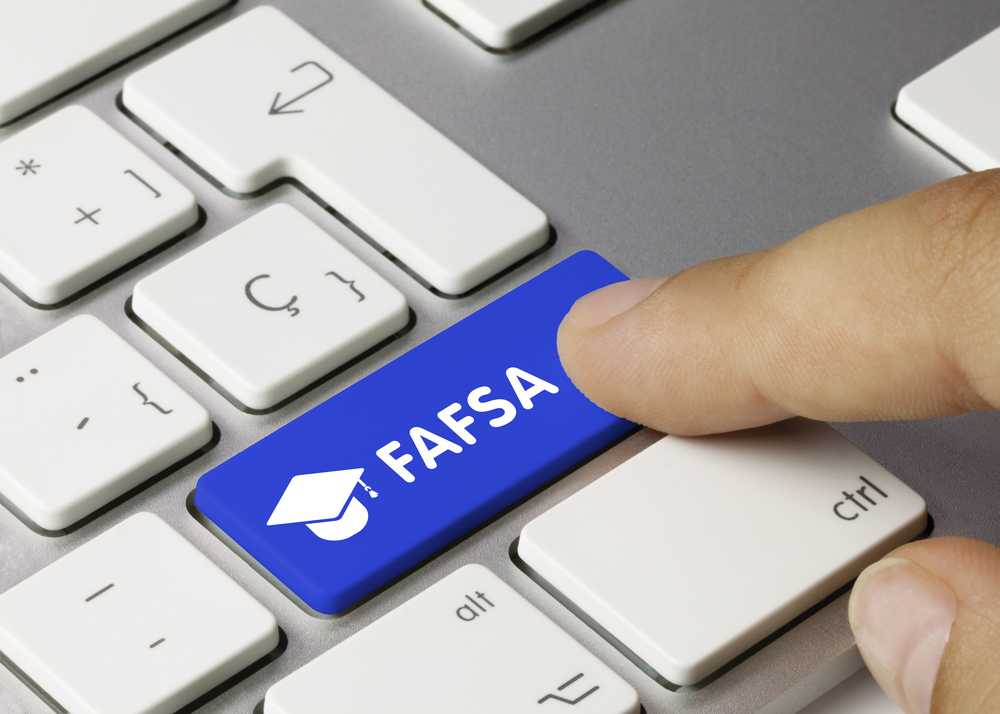
Students who struggle with their basic needs and living expenses may benefit from direct outreach efforts about federal benefits programs.
Colleges and state grant agencies can now use certain FAFSA data in their direct outreach efforts about means-tested benefits programs. These programs may assist students who struggle with their basic needs and living expenses, such as food and housing.
The Department of Education said it recognizes that “many students struggle with their basic needs and living expenses and realizes these struggles can delay or disrupt a student’s academic progress.”
The guidance provided in a July 29 Electronic Announcement is applicable to institutions as well as state grant agencies that signed a modified SAIG agreement.
The guidance, effective July 1, is in Section 483 of the Higher Education Act, and only addresses the use and disclosure of FAFSA data such as Student Aid Index (SAI) and Pell Grant eligibility. It does not address Federal Tax Information (FTI). GEN-23-34 provides information on the access and use of FTI. Further guidance on the access and disclosure of FAFSA and FTI data will be issued by the Department.
Means-tested federal benefits programs identified as appropriate programs for which colleges and state grant agencies can use FAFSA data to target students and conduct outreach include:
- Affordable care act, including tax subsidies and temporary special enrollment periods
- Child tax credit
- Earned income tax credit (EITC)
- Medicaid
- Section 8 housing assistance
- Special supplemental nutrition program for women, infants, and children (WIC)
- Supplemental nutrition assistance program (SNAP)
- Supplemental security income program (SSI)
- Temporary assistance for needy families (TANF)
The Department acknowledges that other means-tested benefits programs not included in this list but are similar in nature can be eligible for the use of FAFSA data in performing outreach. The institution or state grant agency must determine that the program’s eligibility criteria include an income or asset threshold to determine the standard of living and that outreach would benefit the students’ application and enrollment for the program.
Institutions and state grant agencies must document in their policies and procedures the additional programs and any necessary determination or processes that support the use of FAFSA data.
The Department reminds institutions and state grant agencies that their FAFSA data use should be limited to what is required to inform their student population about these benefits. In addition, applicable privacy laws and Family Educational Rights and Privacy Act (FERPA) requirements must be followed.
For additional information or to submit questions about FTI and FAFSA data use, please visit FSA’s Partner Connect webpage and select “Policy Guidance” to submit a question. FERPA related questions can be submitted at Contact | Protecting Student Privacy (ed.gov).


